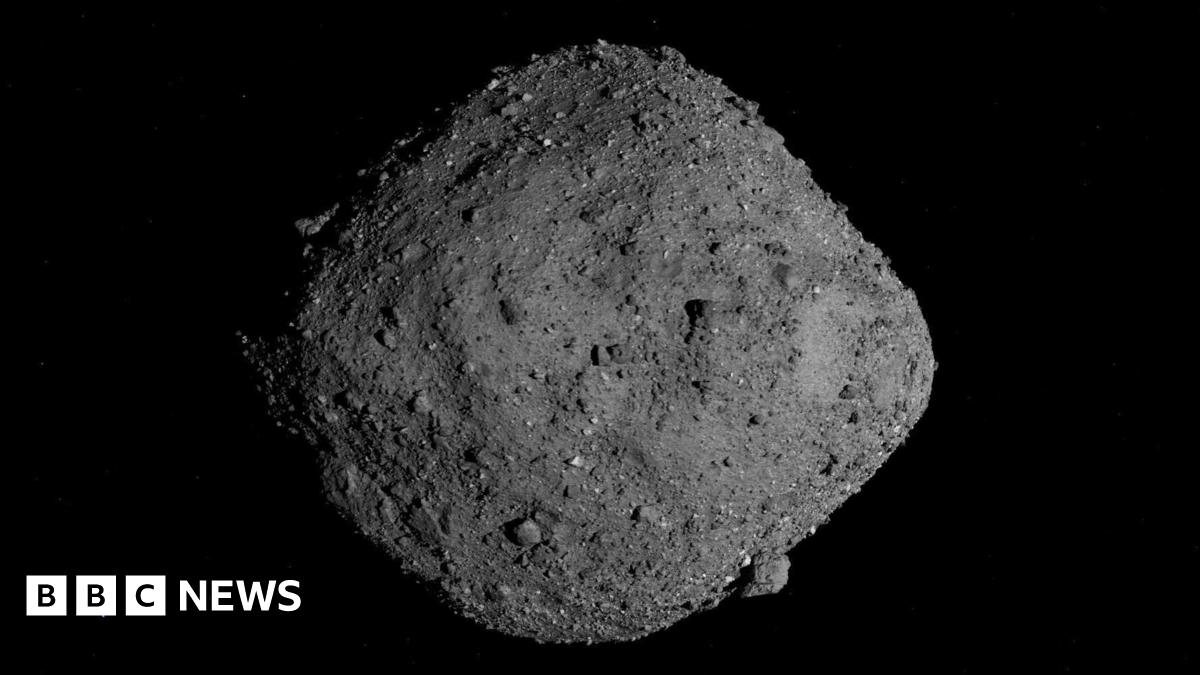Forest Hillbilly
Member
- Location
- in a hidey-hole
- Country
 Wales
Wales
i was going to post this in News and Politics, but thought it might get lost in the hostile environment 😀
"
The chemical building blocks of life have been found in the grainy dust of an asteroid called Bennu, an analysis reveals.
Samples of the space rock, which were scooped up by a Nasa spacecraft and brought to Earth, contain a rich array of minerals and thousands of organic compounds.
These include amino acids, which are the molecules that make up proteins, as well as nucleobases - the fundamental components of DNA.
This doesn't mean there was ever life on Bennu, but it supports the theory that asteroids delivered these vital ingredients to Earth when they crashed into our planet billions of years ago." (BBC)

 www.bbc.co.uk
www.bbc.co.uk
This sits very well with the theory that life was seeded around the universe by comets and asteroids. However, theories can change or be dismissed. The initial findings open a massive door, but ultimately will raise more questions than it answers.
It still doesn't disprove of a God, but perhaps some religious books might need revising quite soon 😀
"
The chemical building blocks of life have been found in the grainy dust of an asteroid called Bennu, an analysis reveals.
Samples of the space rock, which were scooped up by a Nasa spacecraft and brought to Earth, contain a rich array of minerals and thousands of organic compounds.
These include amino acids, which are the molecules that make up proteins, as well as nucleobases - the fundamental components of DNA.
This doesn't mean there was ever life on Bennu, but it supports the theory that asteroids delivered these vital ingredients to Earth when they crashed into our planet billions of years ago." (BBC)

Bennu asteroid contains building blocks of life, say scientists
Bennu contains minerals and thousands of organic molecules, including the chemical components that make up DNA.
This sits very well with the theory that life was seeded around the universe by comets and asteroids. However, theories can change or be dismissed. The initial findings open a massive door, but ultimately will raise more questions than it answers.
It still doesn't disprove of a God, but perhaps some religious books might need revising quite soon 😀



